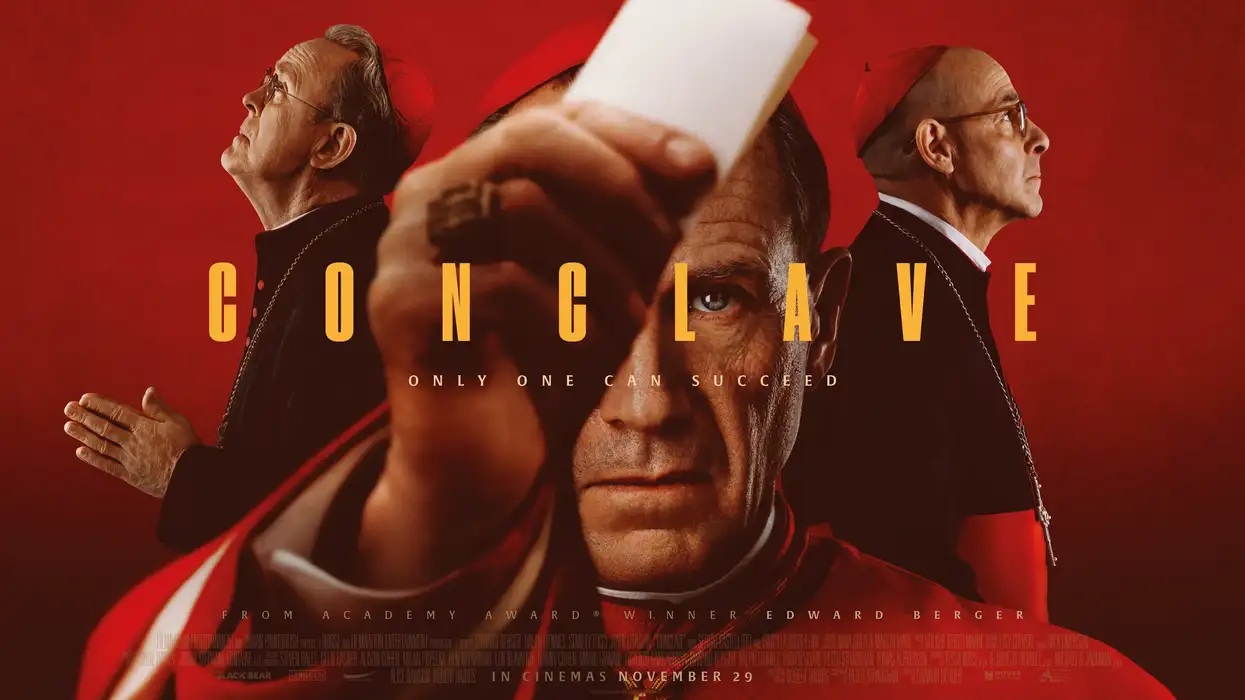As the Catholic Church prepares to select a new leader following the death of Pope Francis, the world’s attention turns to one of history’s most mysterious traditions: The Papal Conclave.
Behind the grand doors of the Sistine Chapel, a group of high-ranking cardinals will soon gather to cast their votes in a process steeped in secrecy, ritual, and high-stakes politics. The outcome will shape the future of the Church’s 1.4 billion followers.
- YouTubeyoutu.be
The Conclave: A locked-door decision
The word conclave comes from Latin, meaning “with a key” — a fitting name for an election held in total isolation. Once the cardinals enter, they are cut off from the outside world. No phones, no news, no outside influence. Their only task: to choose the next pope.
Of the more than 220 cardinals worldwide, only those under 80 years old — around 120 — are eligible to vote. Most were appointed by Pope Francis himself, meaning his progressive vision will likely influence their decision.
How the voting works
The process is slow, deliberate, and filled with ancient rituals:
- Ballots are cast in silence: Each cardinal writes a name on a paper slip, then swears an oath as they place it in a chalice.
- No debates, no speeches: Just repeated voting, up to four times a day, until one man secures a two-thirds majority.
- Smoke signals announce the result: Black smoke means no decision; white smoke means the world has a new pope.
If the cardinals remain deadlocked after 30 rounds, the rules change, and a simple majority can decide. The longest conclave in modern times lasted five days in 1922.
From voting to vestments: What happens next?
Once elected, the new pope is asked two critical questions: Do you accept? and What name will you take?
He is then whisked into the Room of Tears, where Vatican tailors have prepared three sets of white papal robes in different sizes. Moments later, the world hears the famous Latin proclamation: "Habemus Papam!" ("We have a pope!").
A process so secret, it inspired a thriller
Though actual filming within the Vatican was off-limits, the filmmakers painstakingly recreated the settings, including a digital Sistine Chapel, lending a sense of authenticity to the proceedings. The tone is reverent yet riveting, peeling back the veil on the inner workings of the Catholic Church.
At the heart of the drama is Cardinal Lawrence, played by Ralph Fiennes, the reserved and widely respected Dean of the College. As voting progresses, ideological divisions surface between conservative hardliners and progressive reformists, reflecting the real-world tensions that have shaped the modern Church. But a shocking twist threatens to shake the entire conclave: Lawrence discovers he is the late pope’s illegitimate son.
This fictional bombshell turns the sacred ritual into a personal crisis, raising complex questions.
A church at the crossroads
Now, fiction and fact are strangely aligned. As the Vatican braces for another conclave, the same questions raised in the movie echo in real life: Who should lead? Will the Church continue along Pope Francis’s path of reform and openness, or revert to a more conservative stance?
The upcoming conclave isn’t just about selecting a pope, but it’s about defining the Church’s direction for years to come. And with Conclave now available to stream, the world has a surprisingly gripping crash course in what’s at stake.





